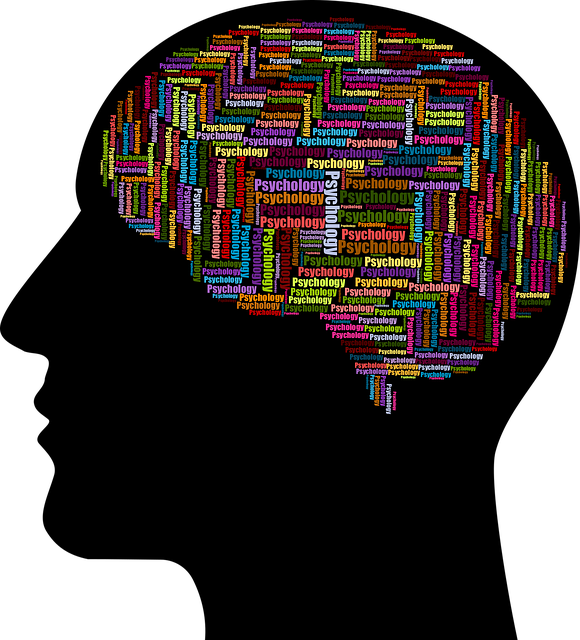Social Skills Training (SST) is an effective therapeutic approach for young children with codependency issues, teaching them practical strategies for managing relationships and resolving conflicts. Through interactive therapy sessions focusing on emotional management, self-esteem building, and social-emotional learning skills like empathy and assertiveness, SST breaks the cycle of codependency. Tailored mental wellness coaching programs incorporating CBT and role-playing empower kids to navigate social interactions confidently while reducing anxiety. These evidence-based practices not only support children's mental health but also foster a supportive societal ecosystem that reduces stigma around mental health challenges.
Social skills training is a powerful tool for improving mental health, especially in young children grappling with codependency. This article delves into the understanding, strategies, and techniques behind this therapeutic approach, focusing on how it can help young minds navigate social interactions. We explore the role of therapy in treating codependency, providing insights into effective practices for fostering healthy relationships and enhancing overall well-being.
- Understanding Social Skills Training for Mental Health Conditions
- The Role of Therapy in Treating Codependency in Young Children
- Strategies and Techniques for Effective Social Skills Development
Understanding Social Skills Training for Mental Health Conditions

Social Skills Training (SST) is a therapeutic approach designed to enhance social interactions and communication for individuals with mental health conditions. This type of therapy is particularly beneficial for young children, as it helps them develop essential skills to navigate their social environments. SST focuses on teaching practical strategies to manage relationships, resolve conflicts, and improve overall social functioning. By addressing these areas, SST can be a powerful tool in treating conditions like codependency, where individuals struggle with healthy interpersonal dynamics.
In the context of mental health policy analysis and advocacy, understanding SST is crucial for shaping public awareness campaigns development. With effective stress management techniques, individuals can better cope with social anxieties or triggers associated with their mental health. Public awareness campaigns that highlight the importance of SST can contribute to reducing stigma and encouraging early intervention. This, in turn, may lead to improved access to therapy for young children and those dealing with codependency, ultimately fostering a more supportive mental health landscape.
The Role of Therapy in Treating Codependency in Young Children

Social skills training is a crucial component in addressing codependency issues in young children. Therapy for this age group focuses on helping them develop healthy communication strategies and fostering independent thinking. Through interactive sessions, therapists guide young clients to recognize and manage their emotions effectively, which is essential for building self-esteem and breaking the cycle of codependency.
Mental wellness coaching programs tailored for children emphasize the importance of teaching social-emotional learning skills. By incorporating activities that encourage empathy, assertiveness, and problem-solving, these programs aim to enhance their ability to navigate relationships and reduce anxiety relief. Such interventions not only support the child’s mental health but also prepare them for successful peer interactions and overall emotional well-being.
Strategies and Techniques for Effective Social Skills Development

Social skills training plays a pivotal role in addressing mental health conditions, especially for young children grappling with codependency issues. Therapy sessions focused on these skills often incorporate a range of strategies and techniques to foster meaningful interactions and improve overall well-being. One effective approach is role-playing, where clients practice social exchanges in a safe and controlled environment, enabling them to learn appropriate responses and build confidence. Additionally, cognitive-behavioral therapy (CBT) techniques help individuals identify and challenge negative thought patterns that may impede social functioning, promoting healthier emotional healing processes.
Risk management planning for mental health professionals is also crucial when facilitating these programs. By creating structured environments and employing evidence-based practices, therapists can mitigate potential triggers and support clients in managing their conditions effectively. Mental illness stigma reduction efforts are integrated into these training sessions to create inclusive spaces where individuals feel empowered to express themselves freely. These initiatives contribute to broader societal changes, fostering understanding and acceptance of mental health challenges, ultimately enhancing the emotional healing processes for all involved.
Social skills training, integrated with appropriate therapy such as that focused on young children with codependency issues, offers a promising approach to enhancing mental health and fostering healthier relationships. By employing effective strategies and techniques, individuals can develop essential social competencies, breaking negative patterns and promoting well-being. This holistic approach to treatment empowers folks to navigate social situations more confidently, ultimately improving their overall quality of life.














